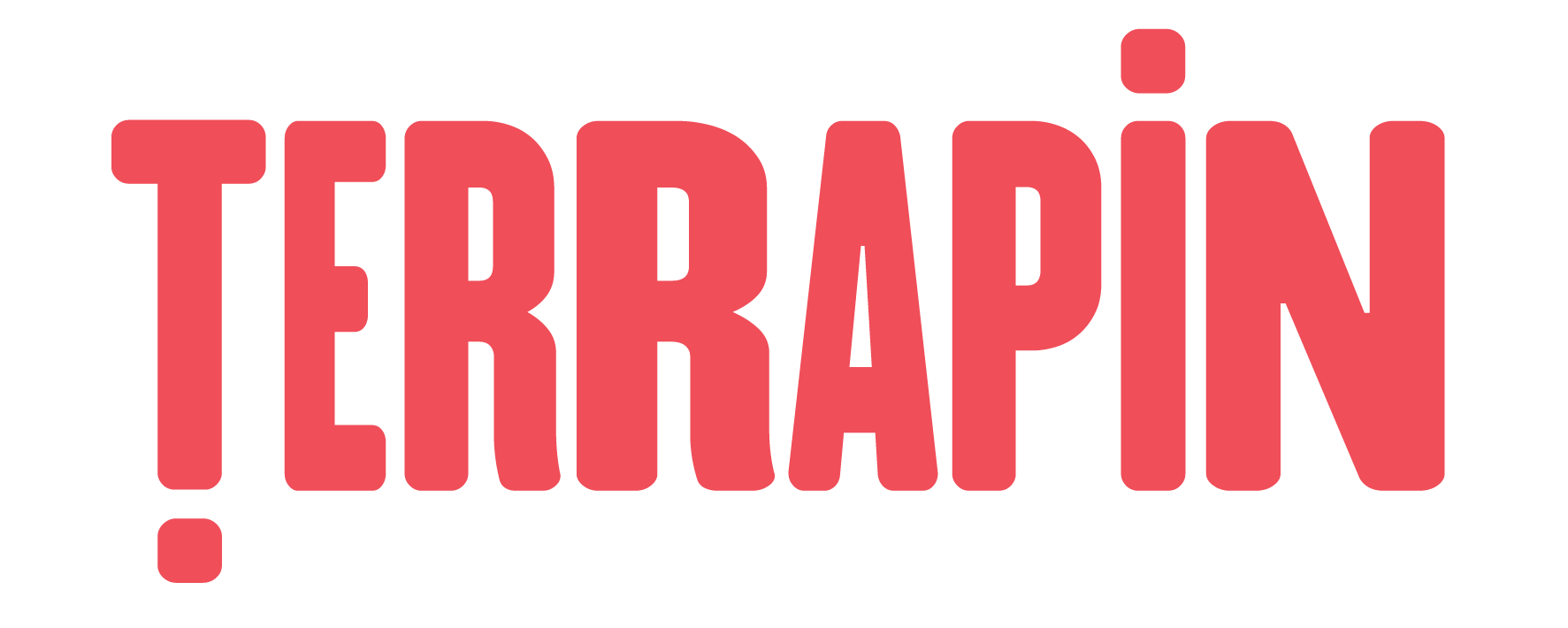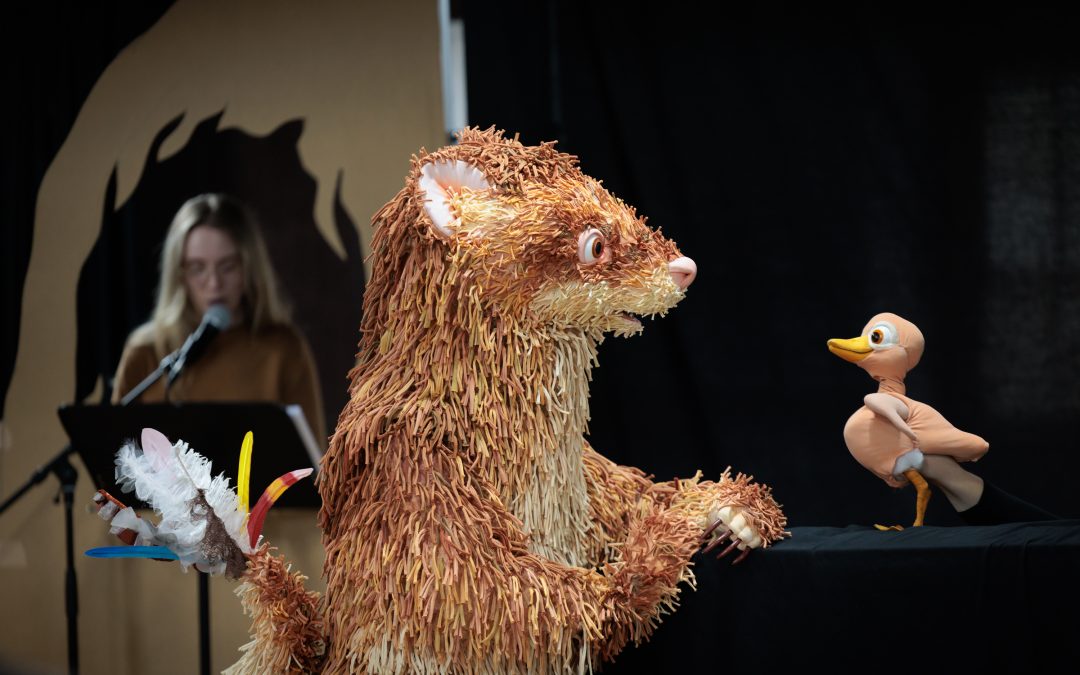Creative developments are my favourite processes to undertake as a director. All the possibilities, with responsibilities kicked down the road, right? This isn’t true of course, as Terrapin has significant responsibilities to our audiences in schools, in theatres and in aged care and in putting them first, restrictions do apply to the scope of the work. But, nevertheless, developments are a great opportunity to foster a culture of possibility, invention and playfulness across the company. So how do we ensure we create a space and culture of this during development?
We are fortunate in creating work for children – there is a necessary playfulness in the content. In this context, a really important thing to foster in a creative development is amusement.
In Atlas of the Heart, Brené Brown talks about the importance of amusement in the workplace, referring to etymology dating back to the 1500s when it meant ‘a pleasurable diversion from work or duty’. Further, research shows that ‘when we feel amusement, we feel playful with those around us’ and that ‘breaks involving amusement may help replenish depleted cognitive resources’.
In this creative development of Feathers, creating space for amusement was not difficult with Dan Giovanonni’s clever script intersecting with incredible puppets designed by Bryony Anderson and built by Bryony, Danny Miller, Mads Hillam and Greta Jean. But for puppetry to work, mental and physical discipline are required and there will be some discomfort that emerges out of that, so you can’t rely on the content – aka ‘the work’ – alone to create the amusement.
So as the leader of the room, space must be made for small diversions, distractions, stories, anecdotes that momentarily pull the room into amusement together and then return to focus relatively quickly. I have found in some of the best rooms I have been in, led by Rose Myers and Bodil Alling for example, there has been amusement without a loss of focus.
Creative development is a great opportunity to practice this where there is less pressure on the outcome, so that when we are in rehearsals with more repetitive tasks and increased stress of delivery, we are ‘match fit’ in maintaining a culture of amusement that allows everyone to do their best work.
Image credit: Peter Mathew

